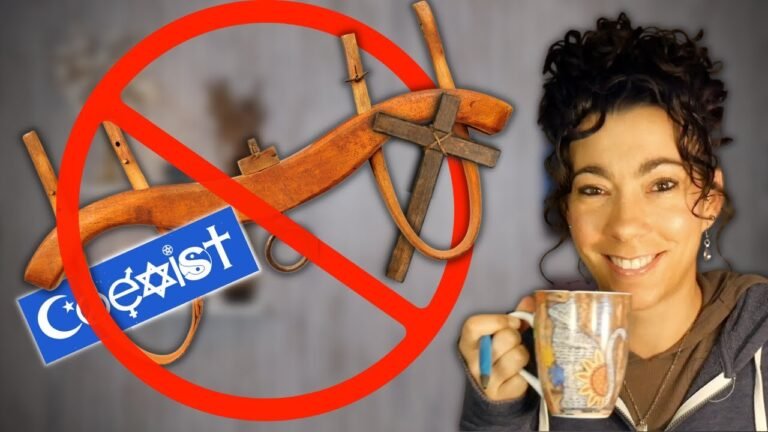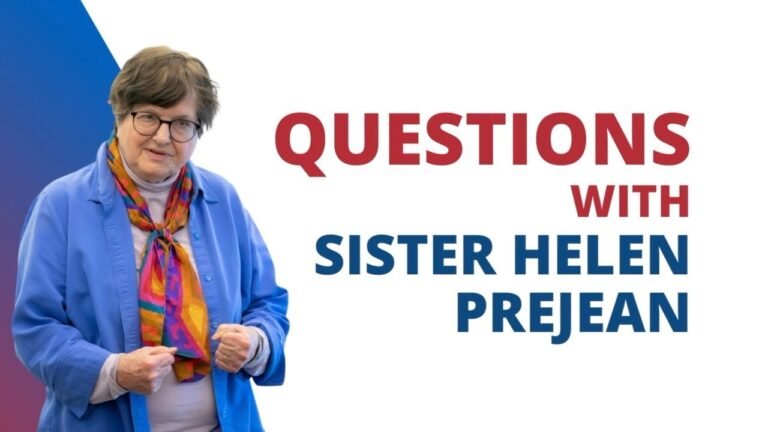Understanding the Bible Verse on Unequally Yoked Relationships
In a world where relationships often shape our paths, the biblical concept of being unequally yoked serves as a poignant reminder of the importance of alignment in partnerships. This phrase, drawn from 2 Corinthians 6:14, warns against forming close bonds with those whose values and beliefs differ significantly from our own. As we navigate friendships, romantic relationships, and collaborations, understanding this verse can guide us in making choices that foster harmony and growth, ultimately leading us toward a more fulfilling life.
What is God’s perspective on being unequally yoked?
In 2 Corinthians 6:14, the term “unequally yoked” serves as a profound metaphor illustrating the challenges of mismatched partnerships. Just as an ox and a donkey, when yoked together, would struggle to work in harmony due to their differing strengths and capabilities, so too can relationships suffer when individuals are not aligned in their values, beliefs, and life goals. This scripture emphasizes the importance of unity in purpose, particularly in significant commitments such as marriage and deep friendships.
The essence of being unequally yoked extends beyond mere compatibility; it speaks to the spiritual and emotional discord that can arise when two individuals are not on the same path. When one partner is committed to spiritual growth and the other is indifferent or opposed, it creates friction that can hinder both parties’ progress. This metaphor urges individuals to seek connections that foster mutual support and shared aspirations, allowing both to thrive together rather than struggle apart.
Ultimately, the principle of being equally yoked encourages believers to consider the foundation upon which their relationships are built. By prioritizing harmony in values and beliefs, individuals can cultivate deeper connections that lead to fulfilling partnerships. This guidance serves as a reminder to be intentional about the company we keep, as our relationships can profoundly shape our spiritual journeys and life experiences.
What is the meaning of being unequally yoked in the Bible?
The phrase “unequally yoked” originates from Paul’s teachings, emphasizing the importance of surrounding ourselves with individuals who share our commitment to faith. When we engage with those who do not prioritize their relationship with Jesus, we risk compromising our own spiritual journey. This principle applies not only to friendships but also to more intimate partnerships, where a fundamental disconnection in values and beliefs can create significant challenges.
Establishing relationships with those who do not place Jesus at the center of their lives can lead to spiritual decline and emotional turmoil. The essence of this teaching serves as a cautionary reminder that our closest associations can profoundly influence our paths. To thrive in our faith and personal lives, it is vital to seek connections that uplift and align with our core beliefs, ensuring that we walk alongside others who share our commitment to a Christ-centered life.
What are the Bible’s teachings on marriage between unequally yoked partners?
The concept of being unequally yoked is rooted in the biblical teachings found in 2 Corinthians 6:14, which emphasizes the importance of unity in values and beliefs. This scripture warns against forming partnerships or marriages with those who do not share the same faith, suggesting that such unions can lead to conflict and disarray. The metaphor of being “yoked” illustrates the struggles that arise when two individuals pull in different directions, hindering their ability to move forward together.
In practical terms, an unequally yoked marriage can present significant challenges, as differing worldviews may affect decision-making, family dynamics, and spiritual growth. Couples may find themselves at odds over fundamental issues, from lifestyle choices to moral values, which can strain their relationship. The biblical guidance serves as a reminder to consider compatibility in faith as a critical factor in building a strong and harmonious partnership.
Ultimately, the call to avoid being unequally yoked encourages individuals to seek relationships grounded in shared beliefs and values. By prioritizing spiritual alignment, couples can foster a supportive environment that nurtures their faith and strengthens their bond. This approach not only enhances personal fulfillment but also contributes to a more resilient marriage, capable of weathering life’s challenges together.
Navigating Spiritual Compatibility in Partnerships
In the journey of love and relationships, spiritual compatibility often serves as a guiding star. It is the shared understanding of values, beliefs, and practices that transcends the physical connection, providing a deeper bond between partners. When individuals align on their spiritual paths, they foster a nurturing environment that encourages personal growth, emotional support, and mutual respect. This harmonious connection can transform challenges into opportunities for growth, strengthening the partnership.
Navigating spiritual compatibility involves open communication and a willingness to explore each other’s beliefs. Engaging in thoughtful conversations about spirituality can reveal shared visions or highlight differences that may need addressing. By actively listening and showing curiosity about one another’s perspectives, partners can cultivate a deeper understanding that enhances their emotional intimacy. This process not only enriches the relationship but also equips both partners with the tools to face life’s uncertainties together.
Ultimately, spiritual compatibility is about finding a balance between individuality and unity. Each partner brings their unique experiences and beliefs into the relationship, creating a rich tapestry of understanding. Embracing this diversity while nurturing common ground allows couples to grow together while honoring their distinct spiritual journeys. In doing so, they build a resilient partnership grounded in shared values and mutual respect, paving the way for a fulfilling and enduring connection.
The Importance of Shared Beliefs in Love
Shared beliefs form the foundation of a strong romantic relationship, acting as a guiding compass for both partners. When two individuals align their values, aspirations, and principles, they foster a deeper understanding and connection that transcends the superficial aspects of love. This common ground not only enhances communication but also cultivates mutual respect and trust, allowing couples to navigate challenges with greater ease. In a world filled with distractions and differing opinions, the power of shared beliefs serves as a unifying force, nourishing the bond between partners and enriching their journey together.
Insights on Harmony and Faith in Relationships
In the intricate dance of relationships, harmony often emerges as the guiding principle that fosters deep connections. When partners prioritize understanding and empathy, they create a nurturing environment where love can flourish. This delicate balance allows individuals to express their true selves while feeling valued and respected, paving the way for a resilient bond that can weather life’s challenges.
Faith plays a pivotal role in strengthening these relationships, serving as both a foundation and a source of inspiration. Whether rooted in spirituality, shared values, or mutual beliefs, faith encourages partners to support one another through adversity. It cultivates trust and fosters a sense of belonging, reminding both individuals that they are united in their journey, even when faced with obstacles.
Ultimately, the interplay between harmony and faith transforms relationships into sanctuaries of growth and support. By embracing these elements, couples can navigate complexities with grace and resilience. Together, they can build a partnership that not only thrives in joy but also endures through trials, enriching their lives with love and purpose.
Building Stronger Bonds Through Shared Values
In a world often divided by differences, the power of shared values emerges as a unifying force that fosters deeper connections among individuals and communities. When people align around common principles—such as respect, empathy, and integrity—they create a foundation for meaningful relationships that transcend cultural and social barriers. These shared values not only enhance collaboration but also encourage open dialogue and mutual understanding, paving the way for stronger bonds that withstand challenges. By embracing our commonalities, we can build a more inclusive society where everyone feels valued and empowered to contribute, ultimately enriching our lives and the world around us.
The wisdom found in the Bible verse about being unequally yoked serves as a timeless reminder of the importance of harmony in relationships. It encourages individuals to seek partnerships that align not only in values and beliefs but also in purpose and direction. By fostering connections grounded in mutual understanding and shared faith, we can build stronger, more meaningful bonds that stand the test of time. Embracing this guidance can lead to fulfilling relationships that uplift and inspire, reflecting the beauty of unity in diversity.







